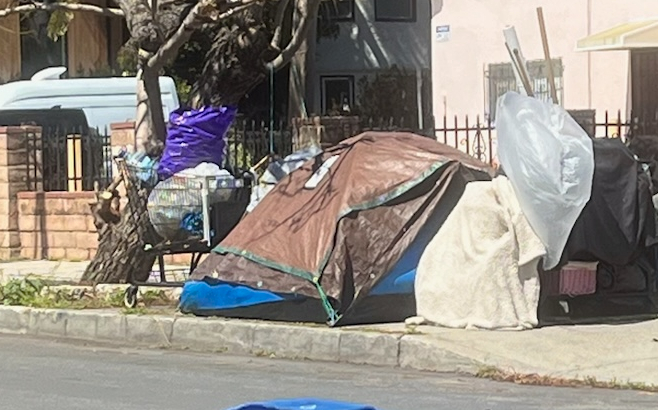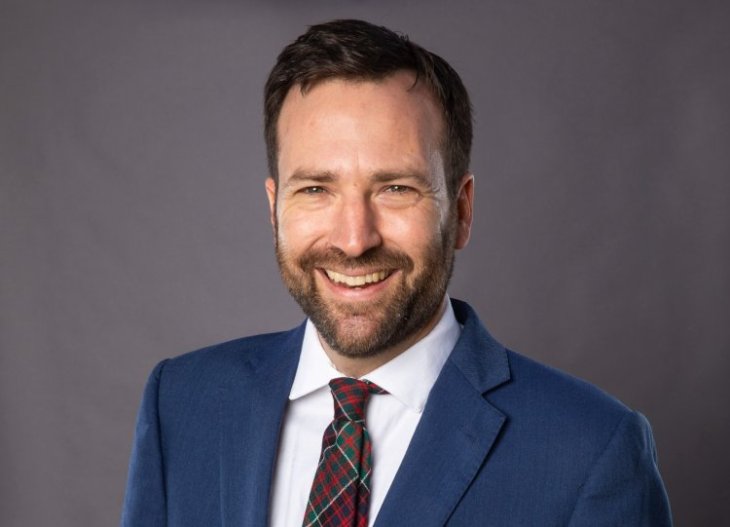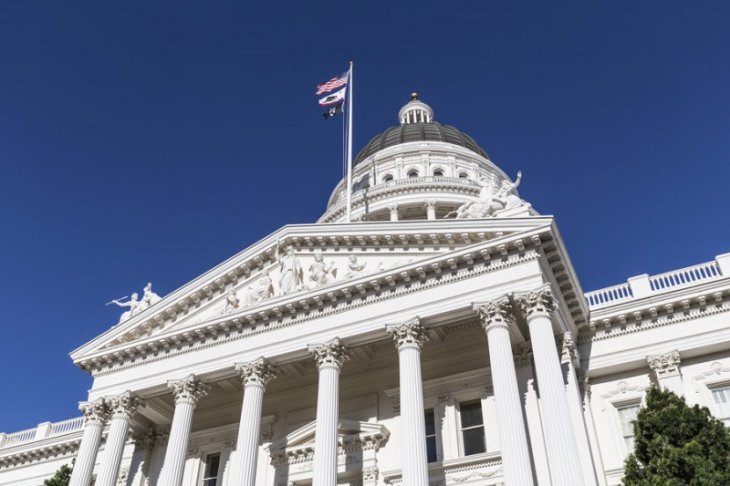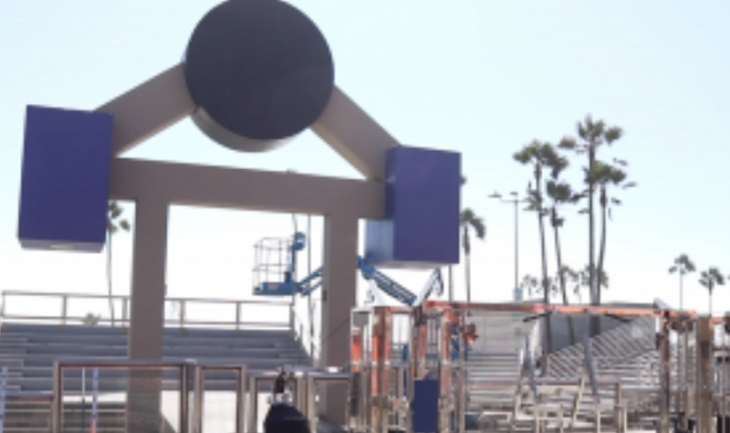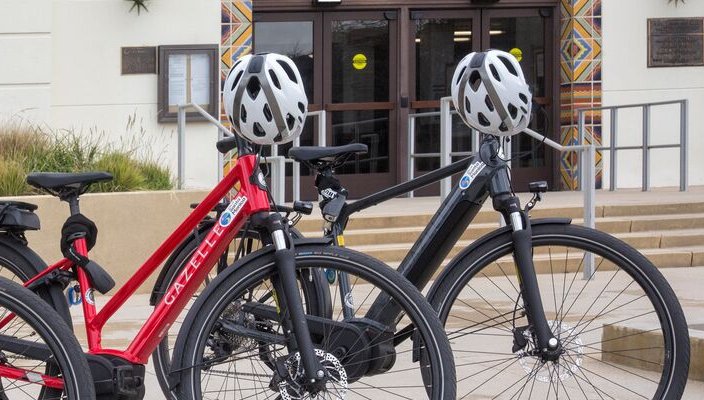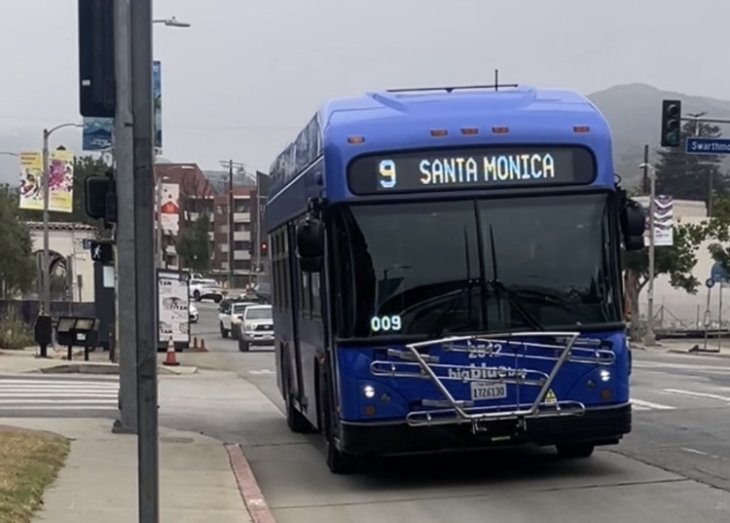The Initiative Is Spearheaded by the J. Paul Getty Trust, With Backing From the Mohn Art Collective, East West Bank, the Mellon Foundation, and Several Other National and International Organizations
A group of prominent arts organizations and philanthropists have launched a $12 million emergency relief fund to assist artists and arts workers in Los Angeles who have been devastated by the ongoing wildfires.
The LA Arts Community Fire Relief Fund aims to support those who have lost their homes, studios, or livelihoods due to the fires that have ravaged parts of the city.
The initiative is spearheaded by the J. Paul Getty Trust, with backing from the Mohn Art Collective, East West Bank, the Mellon Foundation, and several other national and international organizations. The fund will be administered by the Center for Cultural Innovation, a nonprofit that provides advocacy and financial support for individuals in the arts.
As wildfires continue to scorch the region, thousands of artists and cultural professionals have been impacted, losing valuable works, archives, and places of employment. The relief fund will provide rapid assistance to individuals affected by the fires, with a focus on distributing funds quickly to those in urgent need.
The fund’s donors include major cultural and philanthropic institutions such as the Helen Frankenthaler Foundation, the Andy Warhol Foundation for the Visual Arts, Qatar Museums, and the Ford Foundation, along with prominent individuals like Karyn Kohl and Steven Spielberg. The fund is expected to grow as more contributions pour in.
“Los Angeles is a global hub for the arts, and this crisis is a devastating blow to the creative community that drives the city’s cultural economy,” said Katherine E. Fleming, president and CEO of the Getty Trust. “We are deeply grateful for the outpouring of support from across the world.”
Starting January 20, affected artists and workers can apply for emergency grants through the Center for Cultural Innovation’s website. The fund will prioritize those with immediate needs, though future allocations may address longer-term recovery efforts.




